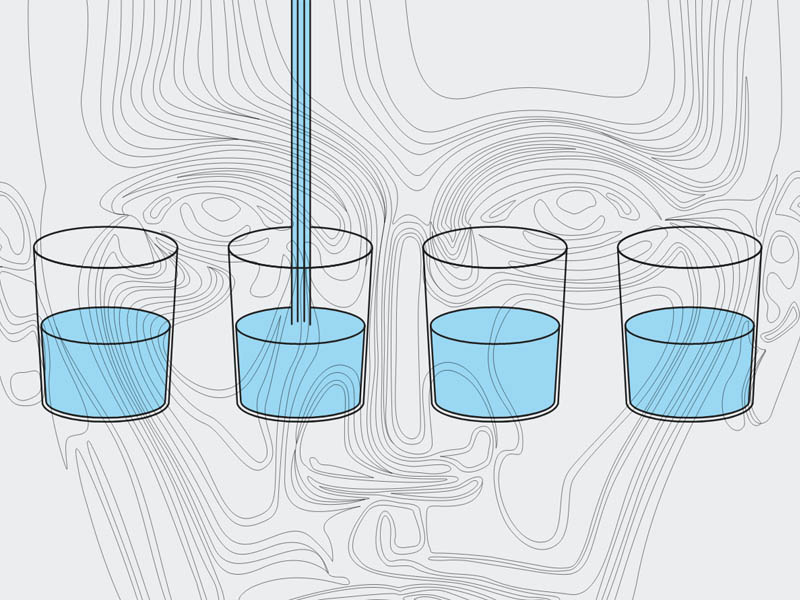THE SHIFTING MEANING AROUND OUR MOST VITAL RESOURCES
So much about our lives has changed over the past year. So, it should not come as a surprise that our relationship to the basic building blocks of life has dramatically shifted as well.
As we increasingly resume our “normal” lives there are many aspects that will never quite return to the pre-pandemic status quo. The fear and isolation we all experienced during consecutive lockdowns made us reflect on our wellbeing and consider how we might redesign our personal environments to facilitate better home lives and healthier lifestyles.
The Changing Meaning of “Home”
Having always provided us with a wide range of fulfillment, our homes had to flex even more during lockdown, adapting to our very new and different needs as they arose. Overnight our homes became our offices, our classrooms, our gyms, our doctor’s offices, and our places of worship. Now, as we continue to navigate the devastating and far-reaching effects the pandemic has had on our wellbeing, we can observe that the meaning of “home” has shifted and evolved significantly.
In addition to the multiple roles our homes play, they are now especially important as refuges and sanctuaries, helping to protect us from threats that could negatively impact our health and wellbeing. Central to our homes enabling this are the two building blocks of life – air and water. Responsible for keeping us hydrated, healthy and clean on a practical level, while enabling rich emotive experiences and personal care rituals, air and water are two crucial aspects of home whose meaning is also changing rapidly in light of the pandemic.
Online architecture and design magazine Dezeen expects our homes to evolve dramatically in response to our COVID experience, including far greater use of air and water filtration. Molly Carmichael, a principal at the housing industry research firm Zonda, noted that nearly 70% of surveyed homebuyers were willing to pay as much as $1000 for water and air filtration systems in their homes.
Companies seeking to meet these challenges for the post-COVID consumer need to pair their technological solutions with a new and nuanced understanding of how meanings of home and wellbeing have shifted over the past year. A few stand out as having addressed this complex puzzle.
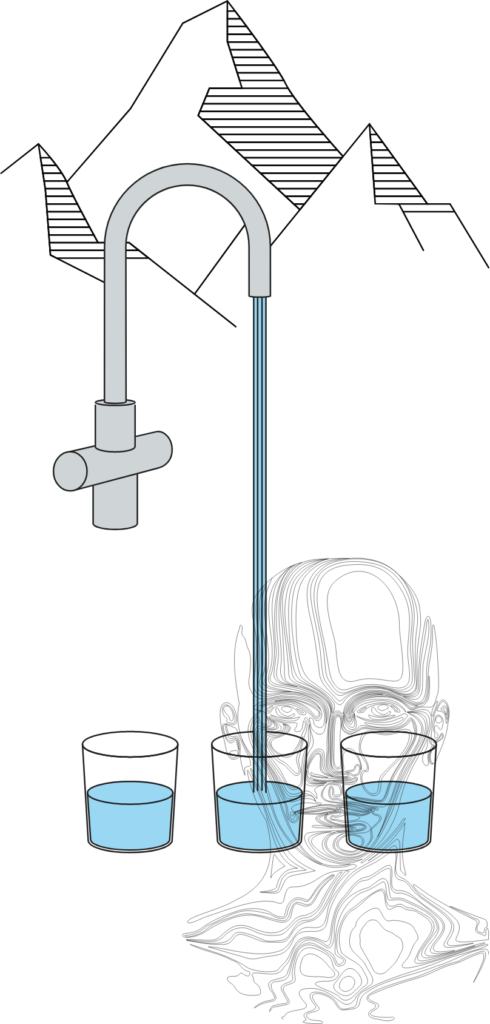
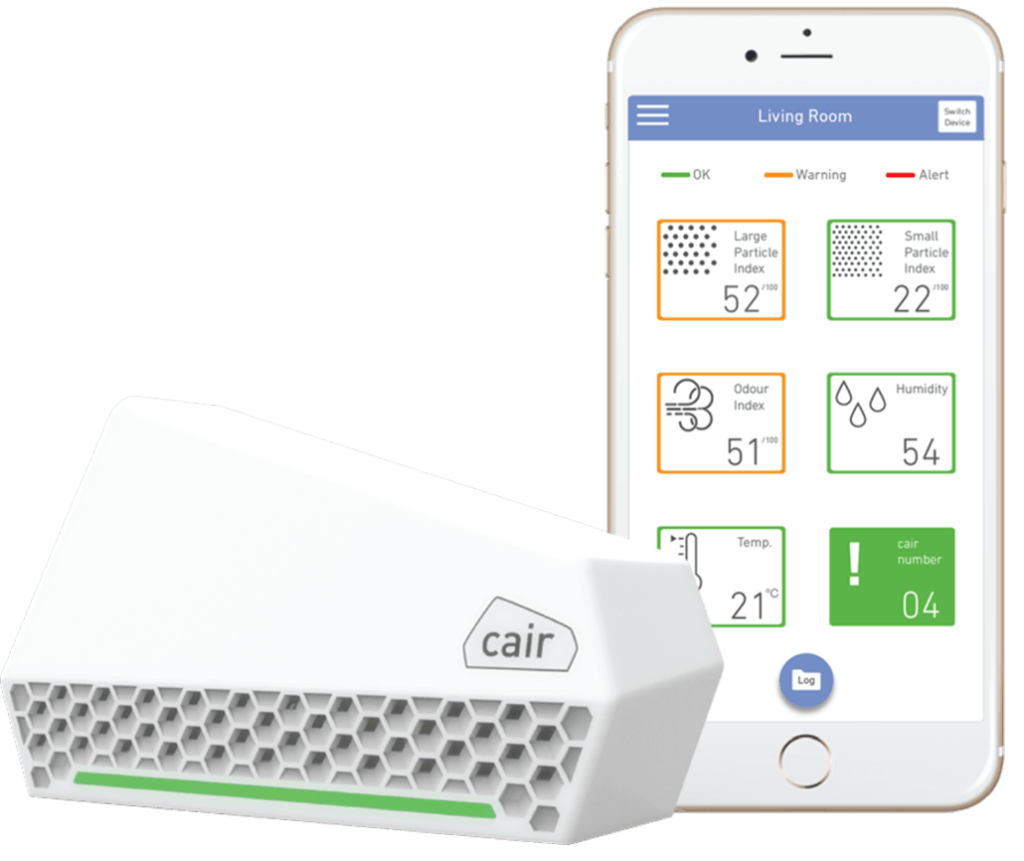
Regaining Control Vs. The Invisible Threat
Recognizing the broad array of health effects poor air quality can have, NuWave’s Cair continuously monitors indoor air quality and tracks that data along with occupants’ asthma and allergy reactions to intervene when a health event is likely. Broan’s Overture uses the company’s install base of ventilation fans in kitchens and bathrooms to return indoor air to a healthier state.
Among the many anxieties we have experienced during the pandemic, our inability to see where these threats were lingering was the most disorienting. These new connected devices bring not only visibility and reassurance to homeowners, but also a sense of control that has been sorely missing for many of us lately.
Keeping Water Safe
With all the attention on airborne pathogens over the past year, we have forgotten how many catastrophic water quality incidents we’ve seen. From global headlines coming out of Flint, Michigan to countless local water quality alerts, the importance of access to clean, reliable water cannot be overstated. From point-of-use devices to whole-home systems, solutions for improving water quality abound. But as critical as the technology behind them is, how these systems integrate themselves into our daily routines is of equal importance.
Germany’s Mitte predicts that merely purifying your drinking water is not enough. By replacing many of the dissolved minerals found in natural spring water, Mitte can deliver health benefits beyond simple filtered water systems. Hans Premium Water broadens the scope of protection across the entire home, from the water you drink to the water you bathe in. Its smart system sends alerts as service is required and monitors water usage. Combined with a self-cleaning feature, safe water becomes a luxury you need not worry about.
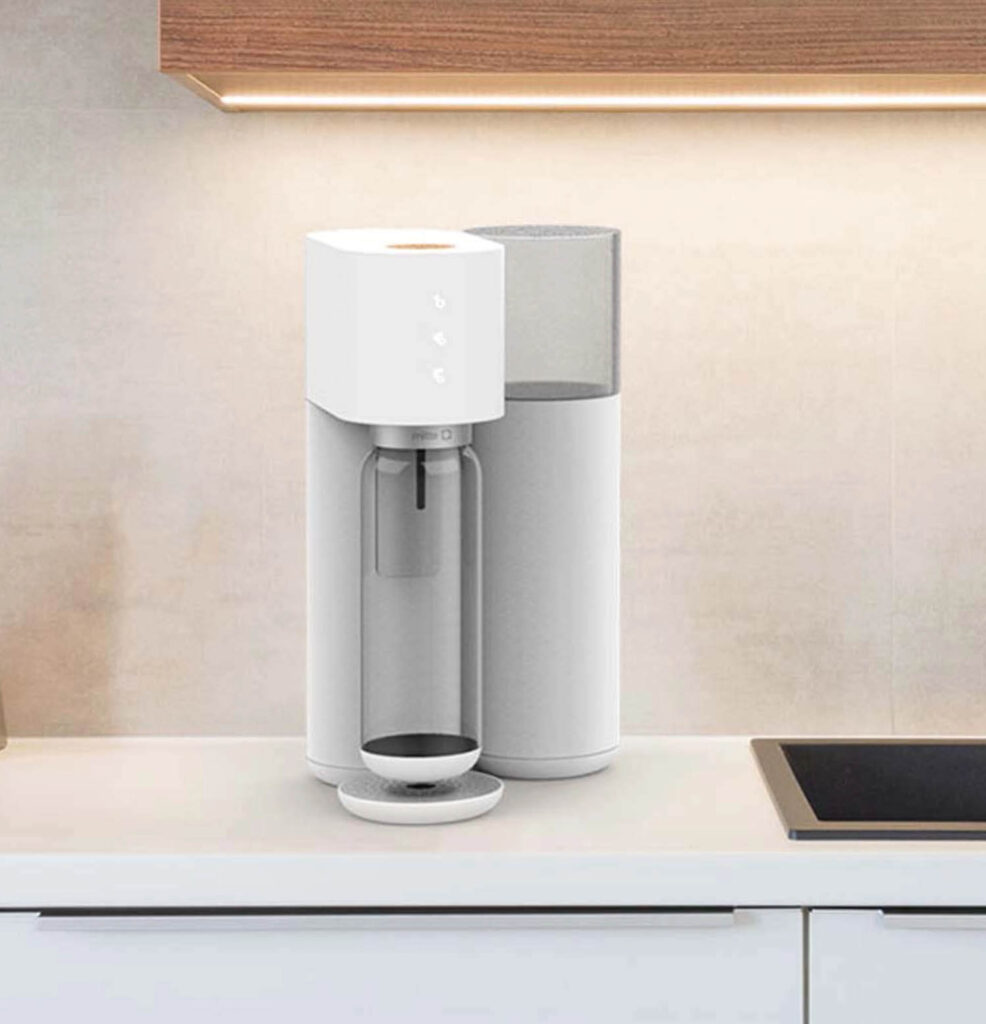
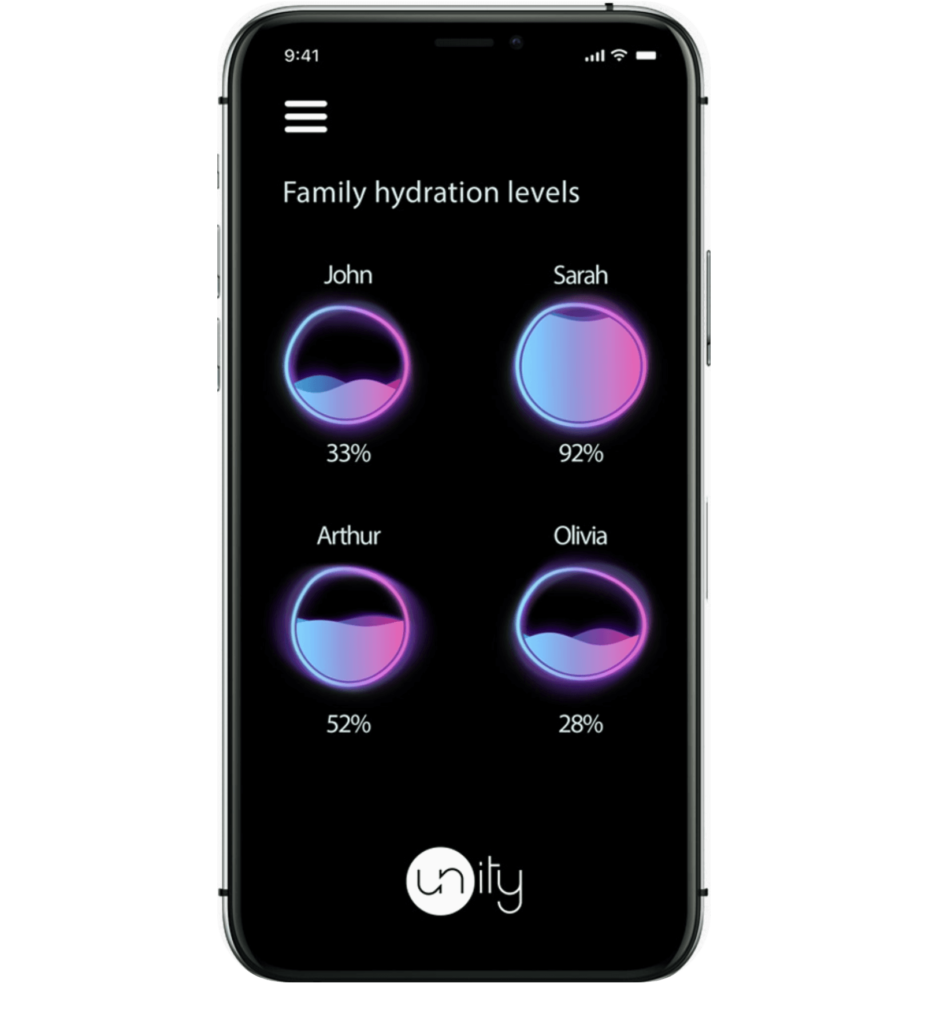
Reimaging Our Relationship With Our Homes
While standalone solutions to improve air and water quality will play a critical role in our post-COVID lives, the biggest opportunities still lie in seamlessly and unobtrusively integrating these into our daily routines.
UK-based MyGlobalHome has developed a collaborative software platform that connects all elements of the home from the design and construction through to occupancy, enhancing the livability of the property over its lifetime.
Recipe Design has also imagined the relationship we could have with our homes in future through an independent study called Project Unity. Unity brings together an expanding network of smart devices to empower people to live smarter, happier, and healthier lives. It focuses in on key aspects of home, such as hydration, to imagine how these systems will provide more meaningful experiences for users in the future.
It is a safe bet that air and water quality will continue to be very much front of mind for the foreseeable future. Yet how consumers make sense of the invisible threats around them and multitude of solutions presented to them will continue to elude many companies.
Those who follow a Meaning Centered Design™ approach will have decided advantage. They will understand not only the current mindset of their customers, but also how these mindsets will shift over time, adapting alongside emerging social, economic and technological developments. Their products will continue to resonate and their innovation pipelines will targeted, agile and profitable.
About the Authors
Michael Wandschneider serves as Recipe’s Director-Strategic Planning. He has led product strategy for some of the world’s most iconic brands including Kohler, Marvin Windows and Speed Queen over his 25-year career. His approach blends inside-out analytics with outside-in consumer insights to create lasting value for all stakeholders. Michael has curated a portfolio of products that have redefined technological, functional, and design benchmarks.
Dan Smith is the head of Business Development for Heatworks Technologies, a technology start-up focused on innovative and efficient ways to heat water and other fluids. Dan’s 30-year career has spanned across industries and diverse global markets. From his work at General Motors and Motorola to more recently leading the Water Filtration business segment at Kohler Company, Dan has consistently been at the leading edge of technology and innovation.
About Recipe Design
Recipe is a strategic design consultancy, dedicated to helping clients achieve growth through product and service innovation across the healthcare and home sectors.
The team at Recipe has spent over a decade pioneering the use of Meaning Centred Design™ - a unique process that helps you understand your customer or end user and how they perceive your brand and proposition. Insights from it can be translated into new strategies and design solutions that are more relevant and meaningful, creating sustainable business value and minimising risk.
